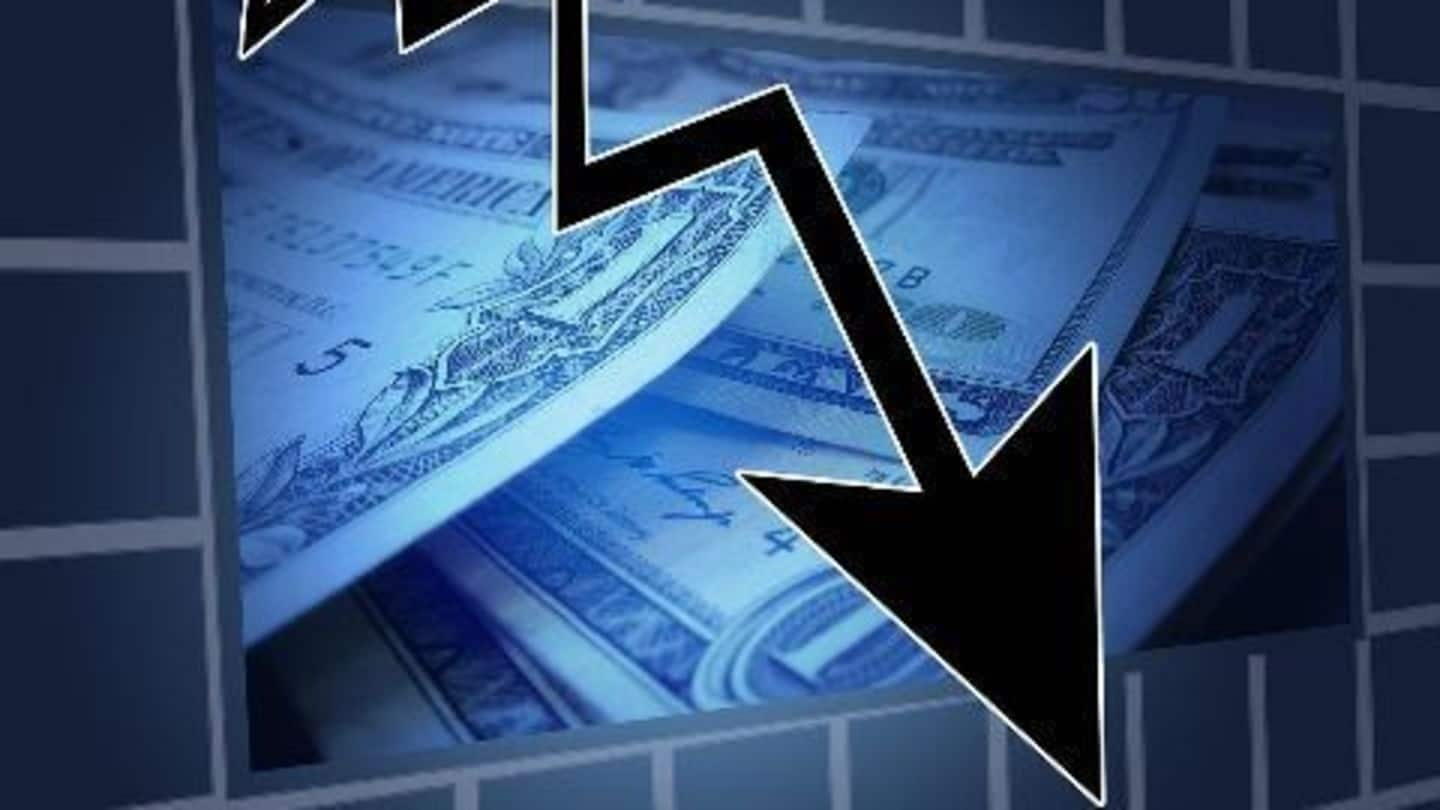
What happens to Greece now?
What's the story
After the Greece voters rejected the bailout terms, the country has entered an uncharted territory. Early Monday, stock indexes fell in the Asian markets, indicating an alarm in the investors. A Eurozone summit has been called on July 7 to discuss the situation. Greece stares at uncertainty as the Euro leaders wait to decide its future.
27 Jun 2015
Alexis Tsipras calls for referendum on bailout terms
Greek PM Alexis Tsipras announced that the bailout package offered by international creditors (the European Commission, the European Central Bank and the International Monetary Fund) in exhange of harsh reforms, would be put to vote. "The people must decide free of any blackmail...the referendum will take place on July 5," Tsipras said. He added that the proposal was an ultimatum to democracy.
30 Jun 2015
Tsipras urges voters to say 'no'
PM Tsipras had urged the voters to reject the austerity proosals put forward by the lenders. He said that, "the greater the participation and rejection of the deal, greater is the possibility of renegotiations to set a course of logic and sustainablity." The EU leaders though have warned that a 'No' vote could mean the exit of Greece from the Eurozone.
5 Jul 2015
Greece votes on bailout referendum
After a week in which Greece defaulted on its payment to IMF, shut its banks and rationed cash withdrawals (60 euros per day), the country voted in the referendum on Sunday. Opinion polls showed that people were evenly split on yes and no votes. A 'yes' vote may force Tsipras to resign, who now stood to face a tough road ahead.
Information
First developed country to default on IMF loan
After failing to repay 1.6 Bn euros, Greece became the first developed nation to default on a loan with the International Monetary Fund (IMF).
6 Jul 2015
Greece says 'nay' to creditors
The referendum held on 5 July resulted in majority of the Greece voters, voting against the bailout offered by creditors in exchange of reforms. According to the results published by the Interior Ministry, out of the 63% voter turnout, 61% of the voters voted 'no' as against 39% who voted 'yes'. Finance minister Varoufakis said that the vote was a big 'yes' to democracy.